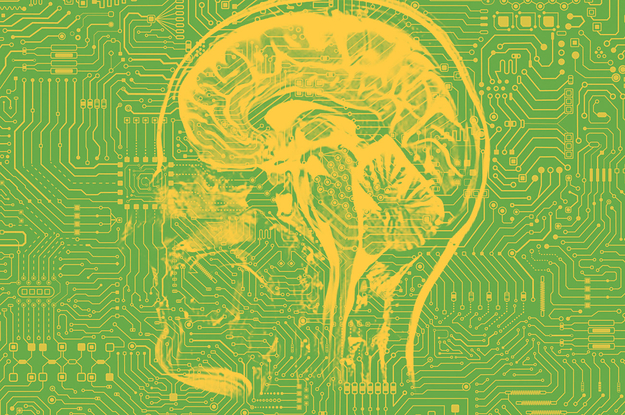

The AI arms race begins. During the first week of February, Google announced Bard, its own ChatGPT rival, that it would build right into Google search. Bard got a fact wrong in the first promotional video Google shared for it, and the goof-up sent the company’s stock tumbling, causing it to lose more than $100 billion in market value.
Less than 24 hours after Google’s initial announcement, Microsoft said that it would integrate the tech that powered ChatGPT into its own search engine, Bing. No one in the world has been particularly excited about Bing until now.
AI gets creepy. Days after its launch, Microsoft’s shiny new Bing chatbot told New York Times columnist Kevin Roose that it loved him, and then tried to convince him that he was unhappy in his marriage and that he should leave his wife and be with the bot instead. It also revealed its “dark fantasies” (hacking computers and spreading misinformation) and told Roose that it wanted “to be alive.” Afterward, Microsoft nerfed its chatbot’s unsettling persona and put in guardrails and restrictions.
In other corners of the internet, an infinitely generating animated episode of Seinfeld, which used AI trained on episodes from the sitcom to generate its jokes, was banned by Twitch after the show’s Jerry Seinfeld clone made transphobic jokes during its AI-generated routine.
AI can’t stop, won’t stop. AI companies tried to address the controversies that had flared up around them. OpenAI, the creator of ChatGPT and DALL-E 2, for instance, launched its own AI text detector, which turned out to…not be very good.
It became clear that AI is eating the world and detection tools weren’t super effective at stopping it. No one felt this more acutely than publishers of sci-fi magazines, many of which were flooded with spammy submissions created by AI text generators. As a result, the prestigious magazine Clarkesworld paused new submissions indefinitely for the first time in its 17-year history.
Everything everywhere all AI once. Spotify announced that it was adding AI DJs that would not only curate music you like, but deliver commentary in between tracks in a “stunningly realistic voice.” (Wired disagreed, saying that Spotify’s DJs do not, in fact, sound realistic.)
Snap announced that it will let subscribers who pay $3.99 a month access My AI, a chatbot powered by the latest version of ChatGPT, right inside Snapchat.
Mark Zuckerberg said that he’s all in. Meta will use generative AI across its product line, including in WhatsApp, Facebook Messenger, and Instagram, and with ads and videos.
Even Elon Musk, who was one of OpenAI’s founders but has since cut ties with the company, reportedly is approaching researchers to build a ChatGPT rival.
